Introduction
Keir Starmer, is the new Prime minister of the UK and has made history by leading his Labour party to victory after 14 years. He became the leader of the Labour Party after Jeremy Corbyn in 2020. Starmer assumed leadership of the Labour Party during a challenging period marked by electoral defeats and internal strife. His leadership style, often described as measured and thoughtful, contrasts with the dramatic politics of his predecessors. He has worked to rebuild trust within the party and reshape its image as a credible alternative in British politics. He has risen from humble origins to lead his party to a historic election victory in just four years.
Keir Starmer and Early Life
Starmer was born into a working-class family in a village called Surrey. His upbringing was marked by both hardship and ambition. Starmer’s father was a toolmaker in a local factory while his mother was a nurse who was afflicted with Still’s disease. His mother’s tragedy instilled in him a drive to succeed against the odds. Starmer thereafter became the first in his family to attend university where he majored in Law from the University of Leeds. Thereafter he also attended Oxford University.

Starmer during his bar practice specialised in human rights law. There he played a pivotal role in the Northern Ireland peace process. He served as a human rights advisor to the new Police Service of Northern Ireland. Later he rose to the position of Queen’s counsel in 2002. Starmer was knighted in 2014 for his extraordinary services to law and contributions Human rights law.
Keir Starmer and entry into politics
Starmer entered politics at a young age at just 16 years old. He was then a member of Labour Party Young Socialists. He was elected to the House of Commons in 2015 where he campaigned for the remain campaign during Brexit. After allegations of anti-Semitism in his party, he worked hard to remove this image in the publics discourse. He has proposed renationalization of the British Railways, a policy move that has members of his party divided.

What next for Britain?
Starmer has outlined a number of objectives in his election manifesto and his political views are quite contrary to the previous Conservative administration under Rishi Sunak. Starmer says that his administration’s main goal will be to revitalise UK’s struggling economy, implement necessary reforms in UK’s healthcare, education, childcare and its energy infrastructure which has been tested to its limits after the war in Ukraine. He is also a staunch supporter of a ceasefire in Gaza and support’s Ukraine in its war against Russia. He has also adopted a more rigid stance on asylum and has vowed to replace the Rwandan Asylum Plan with a more strict Border Security Command.
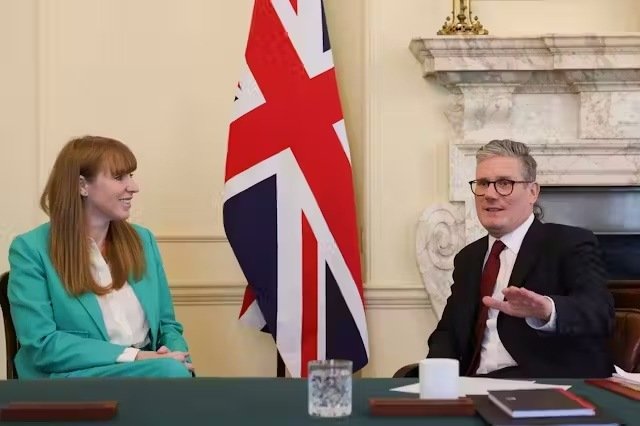
However, one of his most controversial decisions have been to delay the increase in defense spending to 2.5% of GDP. Starmer has been quoted as saying:
“”At a time when we face multiple threats at home and abroad, we must make sure we are ready to defend ourselves,”
However, Starmer has refused to provide a roadmap or a timeline for implementing these decisions. This lack of planning has been interpreted by many as an implicit understanding that such reforms are a long way from being implemented.
Conclusion
Starmer has ben elected to power after repeated attempts by the Conservatives to steer Britain in the right direction especially in the aftermath of Brexit. Britain has seen 4 prime ministers belonging to the Conservative party within just 8 years. Starmer must deliver on his promise for reforms and betterment of the UK economy. In 2023, it was reported that the UK’s economic performance was so bad that it might be overtaken by Poland in terms of per capita GDP.




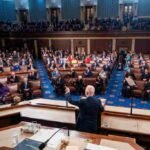


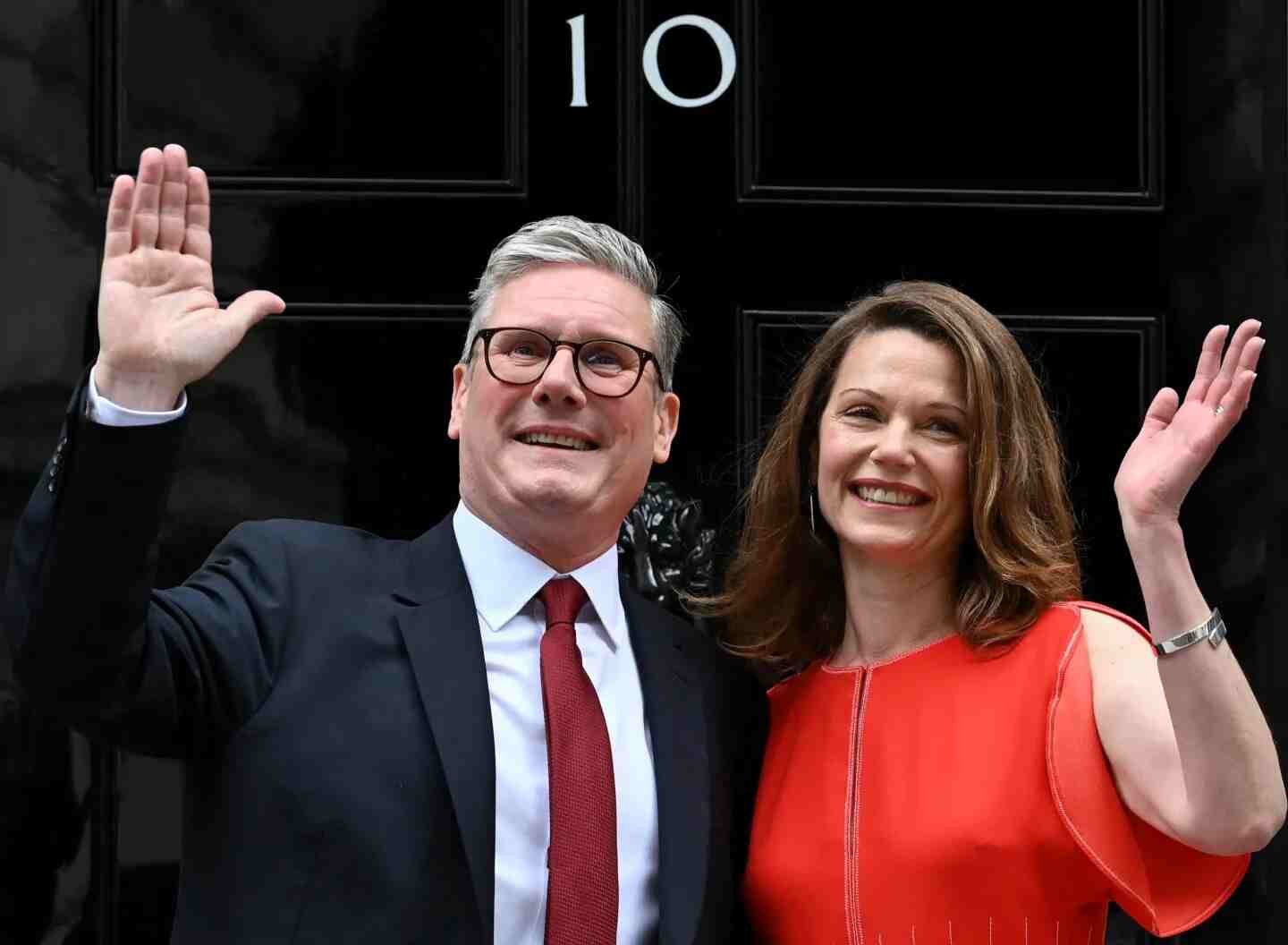




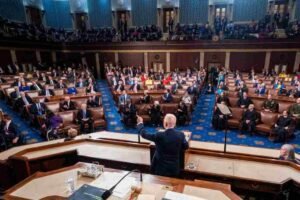

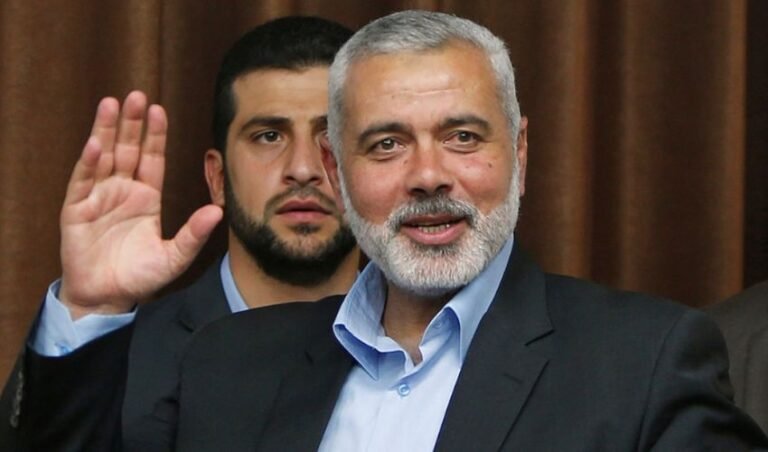
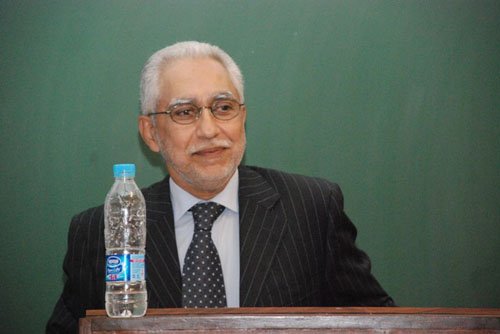
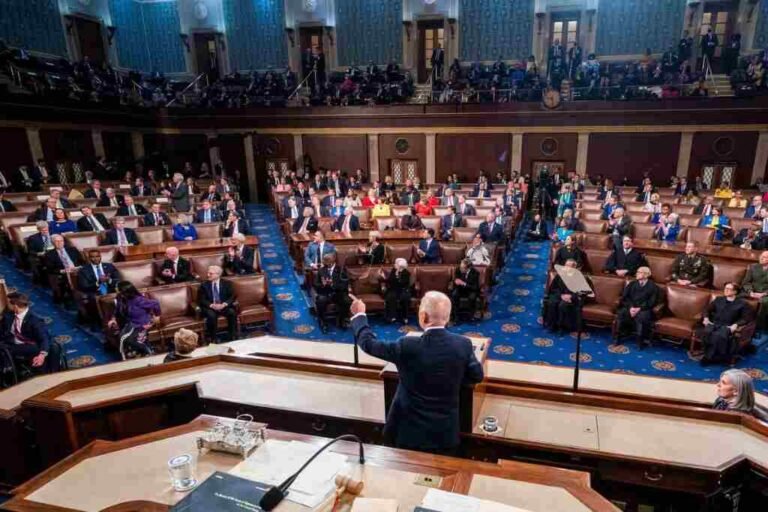
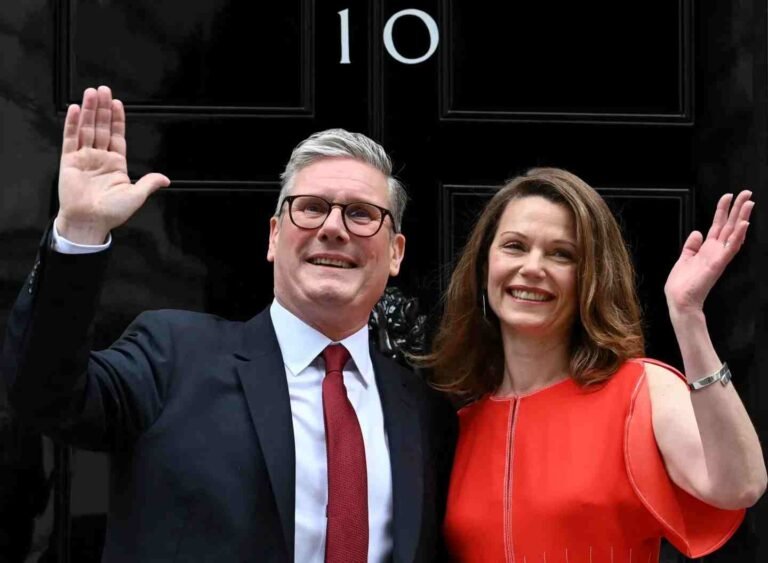

+ There are no comments
Add yours